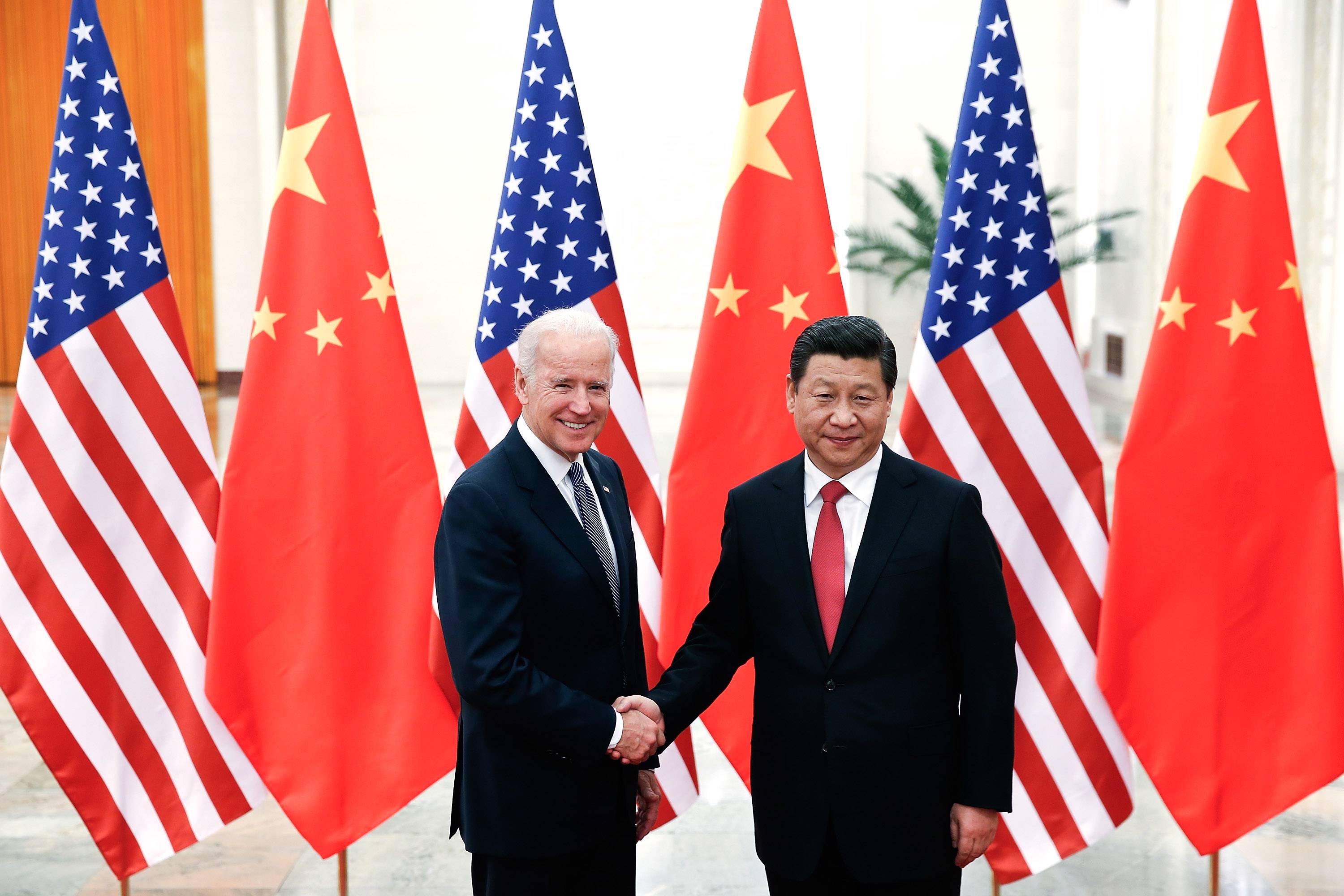
The terms of the West’s economic engagement with China are again in the spotlight, as a result of the European Union’s recent investment agreement with the country and the change of administration in the United States. In particular, can Western leaders balance political and human-rights concerns regarding China with firms’ desire to do more business with it?
In this Big Picture, Columbia University’s Jeffrey D. Sachs welcomes the new EU-China Comprehensive Agreement on Investment and hopes for renewed great-power cooperation to end the COVID-19 pandemic and foster a green, digital global recovery. But Harvard University’s Dani Rodrik says that because the CAI exposes EU firms to complicity in Chinese abuses and won’t transform China’s economic or political system, the key question is whether it allows Europe to remain true to its own values.
Charles A. Kupchan of Georgetown University and Peter Trubowitz of the London School of Economics worry that the EU’s decision to sign the pact, despite bipartisan US opposition, underscores the potential for serious Western discord vis-à-vis China. They urge US President-elect Joe Biden’s incoming administration to forge a united democratic front toward the country. Likewise, Johns Hopkins University’s Anne O. Krueger calls on Biden to abandon Trump’s failed unilateral trade policies toward China in favor of a multilateral approach.
In particular, says Ashoka University’s Arvind Subramanian, Biden should use such an approach to renegotiate America’s commercial ties with China to take account of changed realities since China’s admission to the World Trade Organization two decades ago. In a similar vein, Lee Jong-Wha of Korea University says the new US administration should consider joining an Asia-Pacific regional trade bloc – either the Regional Comprehensive Economic Partnership or the Comprehensive and Progressive Agreement for Trans-Pacific Partnership – as a step toward multilateral trade liberalization.
No comments:
Post a Comment